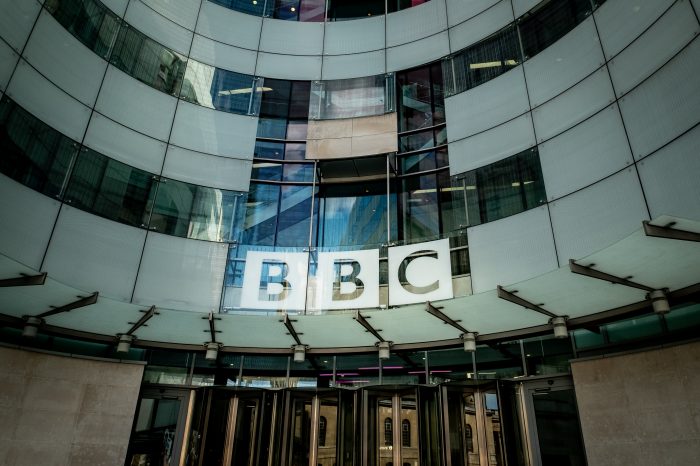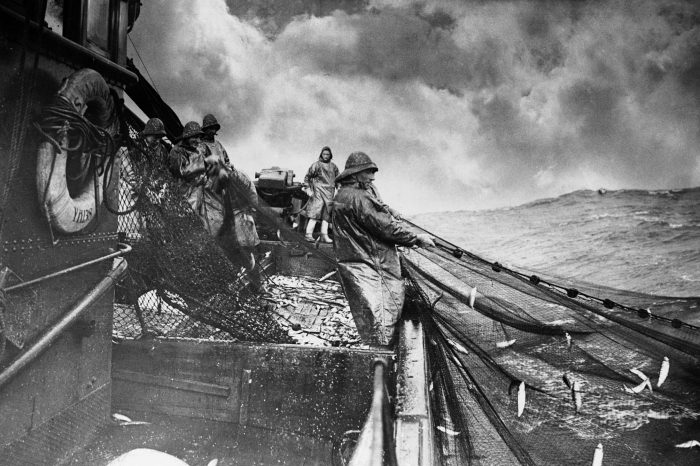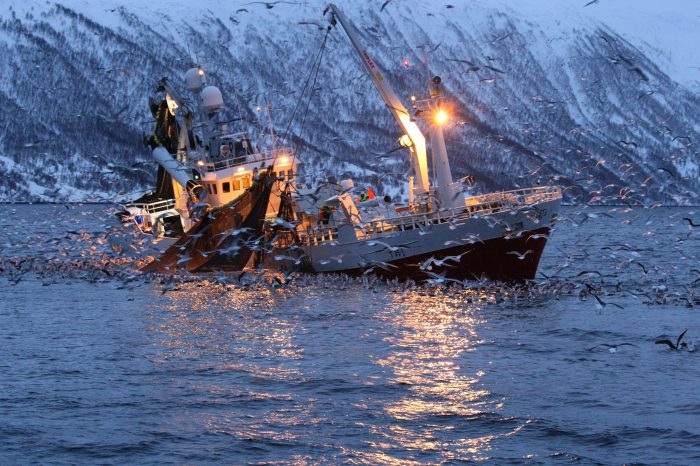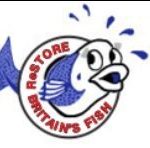Time to call MEPs’ bluff
Last week, an article in the Guardian painted a bleak picture of the prospects for the UK fishing industry after Brexit:- “The hopes of British fishermen that the UK can win its “waters back” after Brexit are expected to be dashed by the European parliament, despite the campaign promises of Boris Johnson and Nigel Farage, a leaked EU document reveals.
MEPs have drafted seven provisions to be included in Britain’s “exit agreement”, including the stipulation that there will be “no increase to the UK’s share of fishing opportunities for jointly fished stocks [maintaining the existing quota distribution in UK and EU waters]”.
The document, obtained by the Guardian, adds that in order for the UK and EU to keep to commitments on sustainable fishing – contained within the United Nations stocks agreement – “it is difficult to see any alternative to the continued application of the common fisheries policy”
It is time for those MEPs to read Article 50, which they as a Parliament, and each EU member state have twice endorsed. While it is correct that where you have two nations’ Exclusive Economic Zones (EEZ) that adjoin one another you will have a straddling stock and the percentage share-out is agreed on the basis of the total allowable catch within each EEZ, it is totally wrong is to suggest to any degree that the share allocated to the British EEZ has to be shared out between the EU and the UK as at present.
Section 3 of Article 50 states “The treaties shall cease to apply to the state in question from the date of entry into force of the withdrawal agreement, or failing that, two years after the notification Or failing that, if there is no agreement, the treaties – including regulations – shall cease to apply two years after notice has been given.”
Going back to section 2 of Article 50, it says “the Union shall negotiate and conclude an agreement with the state”. It does not say that the leaving Nation has to negotiate.
Of course the MEPs are going to try it on. They don’t want to lose out taking a British resource for free, as they have been doing for over 40 years. Taking the phrase “the Union shall negotiate”, they want things to remain as they are – in other words, as far as the UK is concerned, a shadow CFP. However, the main straddling stocks are located in the North Sea and English Channel, where our EEZ in that area is larger than the EU one. This implies that the EU should follow our policy, not that we should follow theirs – i. e, maintain the CFP.
The MEPs stress that we must abide by International law – the United Nations Convention on the Law of the Sea (UNCLOS3). Actually, we would agree with this as sections 55 to 75 clearly lay out the guidelines for operating an EEZ. At one second past the two-year period stipulated under Article 50, competency and control reverts to Westminster. We return to the Fishery Limits 1976 Act and its amendments, which accepts the guidelines of UNCLOS3. This states that the marine resources within the British EEZ belongs to the British people. The EU and its MEPs in particular have no say in the management of our own EEZ post-Brexit.
To repeat, international law bestows the responsibility of the British EEZ of 200 nautical mile/median line zone solely onto the UK Government.
In order to prevent an overnight collapse of EU fleets by excluding them totally from day one from our waters, under UNCLOS3 Section 62, we can make a generous offer in the negotiations. We could allow EU vessels a limited right to fish in UK waters on a decreasing transitional basis – to fish the overcapacity of our resource until we build up our own fleet.
So whatever the Guardian‘s source may say, while the MEPs can huff and puff as much as they wish, there is nothing they can do about it. The only way they can achieve their desire would be if a weak UK government capitulates and creates a British fishing policy based on the CFP for the British EEZ. In other words, giving the EU what they want and repeating Edward Heath’s betrayal of our fishermen. They must not cave in to pressure and deny our coastal communities this lifeline after over four decades of EU-instigated decline






